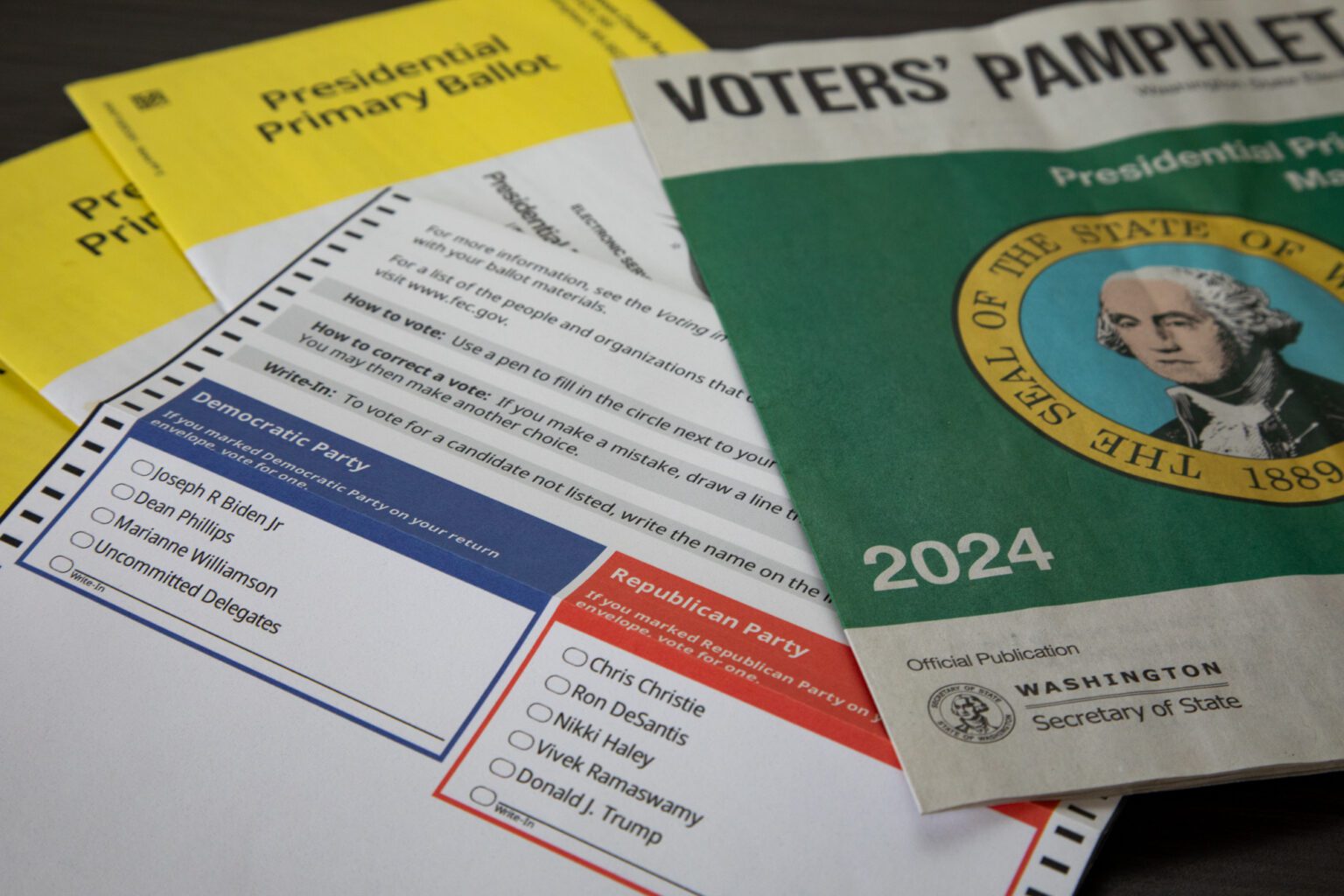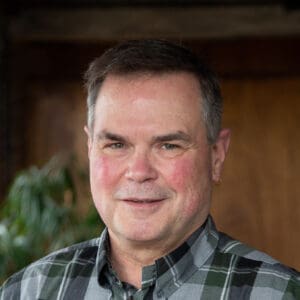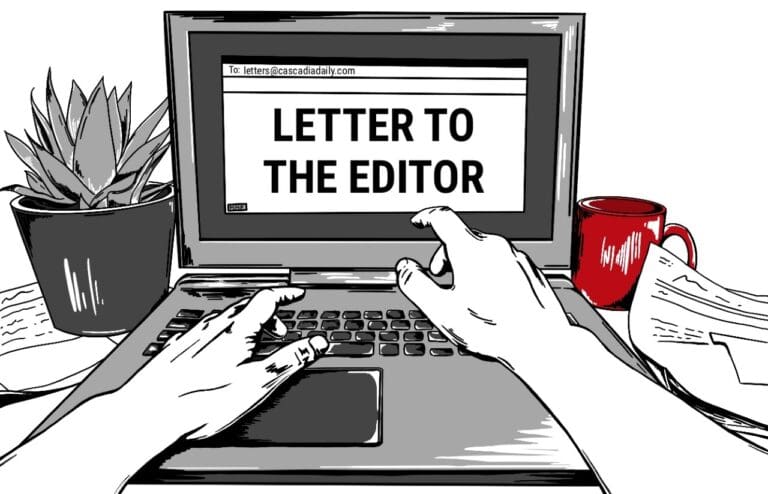Thoughts front and center as winter shifts to … additional winter.
The dread presidential election
How’s that for a slogan for the world’s greatest representative democracy?
Some readers say one thing they enjoy about reading CDN is its intensely local focus. That’s on purpose, of course, but I see (and have felt) a benefit beyond just filling local news needs. These days, our gaze might serve as a media respite, stealing time from doomscrolling about our national drift toward authoritarianism and sheer national political dysfunction. All things that leap to the fore when one takes a glance at the national political stage.
It can feel helpless and hopeless, legitimately: The choice, at present, is a neo-fascist, malignant-narcissistic, addle-brained misogynist cartoon character against what appears to be a stubborn grandfather.
Feel free to put either one of those on a bumper sticker and drive down to the Co-op.
As editor of CDN’s Opinion page, I try to be judicious about opening the door to rants about national or global politics in our letters section. Most exceptions are missives in response to either our editorial cartoons, which we grab from several sources, or our weekly print-newspaper national column, chosen from a stable of writers at The Washington Post.
Beyond that, our letters section will not turn into a he-said, they-said talking-points shouting match. That’s what social media is for.
But certain facts of national political life are unavoidable. The November general election is one of those. That point is driven home by the Washington presidential primary ballot likely sitting on some of your coffee tables. (You can refresh your memory on that via a CDN story in today’s print and digital editions.)
An endorsement sneak peek
Just to get this out of the way: CDN will not make endorsements in presidential elections. This is a lesson learned over your editor’s long career, in which readers or potential sources would often tell reporters: “I haven’t paid any attention to anything you guys have written since your editorial board endorsed Millard Fillmore.” Even though those memories ignore the typical separation between news and opinion in reputable newsrooms, they tend to have long legs.
That said, it shouldn’t surprise anyone that this editor would never endorse a presidential candidate with a clear track record of seeking to gut the First Amendment and declare people struggling to hold government accountable to be “enemies of the people.”
But our reporters will study and report on national campaign issues that inarguably reach into Northwest Washington, highlighting potential local impacts of the presidential election.
This page will also take editorial stances on some of those issues — and invite other commentary writers with thoughts on local impact of national politics. We also will report the workings of local party apparatuses and their own approach to the presidential election, including campaign contributions by local people and entities.
The electoral basics, in other words. Focused more on the stakes than the race.
Our bigger-ticket focus in the coming election will be the Governor’s race, clearly a seat of power with a more immediate reach in our oft-ignored upper-left corner. Feel free to seek all the national talking points — and other regurgitated political propaganda — elsewhere. Franchises for that growth industry are as prolific as Tim Hortons in Ontario.
Power — the real kind
In January, some of us who’ve lived in the NW corner for decades noted the unusual communiques by both Puget Sound Energy and Cascade Natural Gas, asking customers to back off on energy use during a severe, single-digits cold spell.
We passed that thought to our resident bigger-picture reporter, Isaac Stone Simonelli, who turned the notion into a worthy explanatory piece this week. The story details sources for power both in Northwest Washington and Whatcom County, likely enlightening many local residents who’ve been led to believe most of our current juice comes from hydro. (It doesn’t.)
His findings drive home a point we hope will linger during future conversations about the rush to “electrify” everything from home ranges to automobiles, buses and industrial heating. It’s a noble environmental goal, but is the current energy grid capable of supporting it? And at what cost, to whom?
We’ll continue to prod and ask, of course. But the hope was that this primer would be a good basis for many thoughtful future discussions.
Noteworthy: We’re not alone in asking the questions, and the issue is continental, not just local. The Washington Post led its home page on Thursday with the ominous headline “Amid explosive demand, America is running out of power.”
All worth remembering when heading to the ballot box to select national representatives at all levels. Major infrastructure is a subject for adults, and eschewing serious legislators in favor of a cadre of obstructionist, preening, dull-witted peacocks more suited for screeching than governing might leave one sitting alone in the dark much sooner than later. Literally.
Watersliding
Yes, it seems distant, both in mileage and seasons. But slip-slidin’ was on the minds of many in the newsroom earlier this week as we posted an investigation about records on maintenance and repair — and lack thereof — at the Birch Bay Waterslides complex that closed after a visitor was badly injured on a park slide last August.
Why revisit the subject now? Because several state and local public agencies and government entities play a role in helping ensure safety of such facilities. We wanted to explore that, asking to see the records of any and all inspection reports and investigations into the accident.
Secondly, the story is another good example of both the benefits and challenges of the Washington Public Records Act.
Readers will see, in the piece, actual documents produced by record requests made under the act by their hometown paper. And the chronology of events also will highlight how long it can take to get those records, although some of the county reports referenced in the story were produced relatively quickly, which we appreciate.
Here’s to more of that.
Ron Judd's column appears weekly; ronjudd@cascadiadaily.com; @roncjudd.




Vaccine misinformation makes measles an even deadlier threat to youth